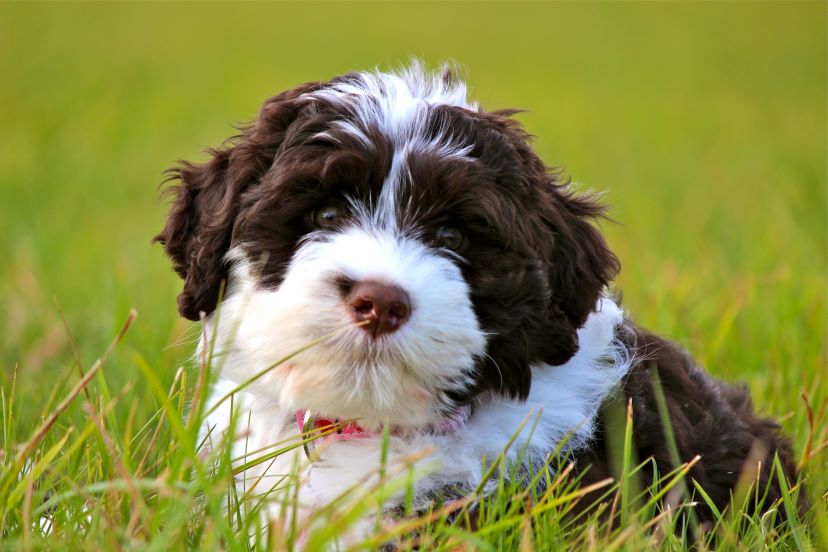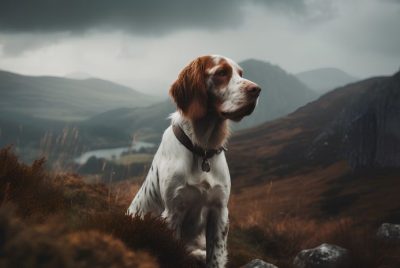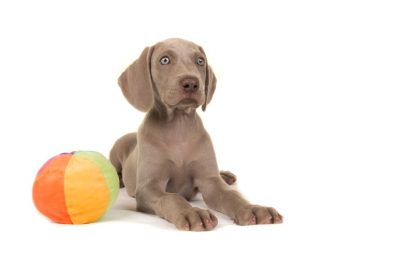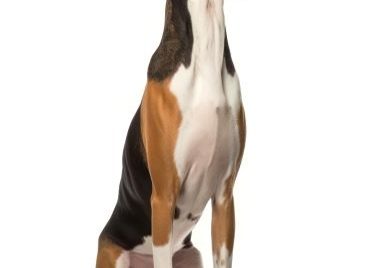The Allure of Large Dogs that Don’t Shed
There’s something incredibly special about large dogs. Their size alone is a statement, but when they’re also non-shedders, it’s the perfect blend of grandeur without the fuss. So, let’s explore this wonderful world of top large dogs that don’t shed, shall we?
Benefits of Having Large Dogs that Don’t Shed
Less Allergy Triggers
Firstly, owning large dogs that don’t shed drastically reduces allergy triggers in your home. This is great news for those of us who love our furry friends but could do without the sneezing and itchy eyes!
Cleanliness and Maintenance
Next up, they’re easier to maintain and keep clean. Without fur flying everywhere, your home stays cleaner, and there’s no need for those tedious vacuuming sessions.
Health Benefits
Lastly, don’t forget the health benefits! Dogs in general are fantastic for our wellbeing, but large dogs? They’re perfect companions for long walks, which is a bonus for our own health and fitness.
Considerations before Getting a Large Non-shedding Dog
Dog’s Temperament
Before you jump in, remember it’s essential to consider the dog’s temperament. Does the dog’s energy level match your lifestyle? Is it family-friendly?
Exercise and Space Needs
Think about the dog’s exercise and space needs. Large dogs often need more space to roam and plenty of exercises.
Dietary Requirements
And don’t forget about dietary requirements. Larger breeds often have different needs when it comes to nutrition.
Top Large Dogs that Don’t Shed
- Afghan Hound
First up, the elegant Afghan Hound. This breed might need a fair bit of grooming, but they’re worth it for their low shedding and noble demeanor. - Giant Schnauzer
Then we have the Giant Schnauzer. They’re intelligent, robust, and yes, they’re also low-shedders. - Portuguese Water Dog
If you’re looking for a large, water-loving, non-shedding dog, the Portuguese Water Dog is an excellent choice. - Standard Poodle
The Standard Poodle is another option to consider. They’re incredibly smart, versatile, and perfect if you’re after a low-shedding large dog breed. - Komondor
Finally, there’s the Komondor. This unique breed is known for its corded coat and, of course, for being a low shedder.
Tips for Living with a Large Non-Shedding Dog
Regular Grooming
Even though these dogs don’t shed, they still require regular grooming to keep their coats healthy and looking good.
Training and Socialization
Early training and socialization are also important. These activities help to ensure your dog grows up to be well-behaved and comfortable around other animals and people.
Health Check-ups
Lastly, regular health check-ups are crucial to ensure your dog stays in good shape. Your vet can help you set up a routine that works best for your dog’s breed and age.
Conclusion
In conclusion, large dogs that don’t shed can bring immense joy, companionship, and a host of benefits. However, before making a decision, it’s crucial to understand their needs and requirements. Hopefully, this guide will help you find your perfect pet!
Frequently Asked Questions
1. Are all large dogs that don’t shed hypoallergenic?
While low-shedding dogs tend to produce fewer allergens, no dog breed is truly hypoallergenic. It’s always a good idea to spend time with a breed before bringing one home if allergies are a concern.
2. Do large non-shedding dogs require a lot of exercise?
It depends on the breed. Some large breeds require more exercise than others. Ensure to research the specific needs of the breed you’re considering.
3. Are large non-shedding dogs good for families with kids?
Most large non-shedding dogs are great with kids, but temperament can vary by breed and individual dog. It’s important to supervise interactions between dogs and young children.
4. How often should I groom my non-shedding large dog?
Grooming requirements vary. Some breeds might require weekly brushing, while others need professional grooming every 4-6 weeks.
5. How can I ensure that my large dog gets enough nutrition?
Consult with your vet to create a balanced diet plan. They will consider your dog’s size, age, and health status to recommend the best diet.




